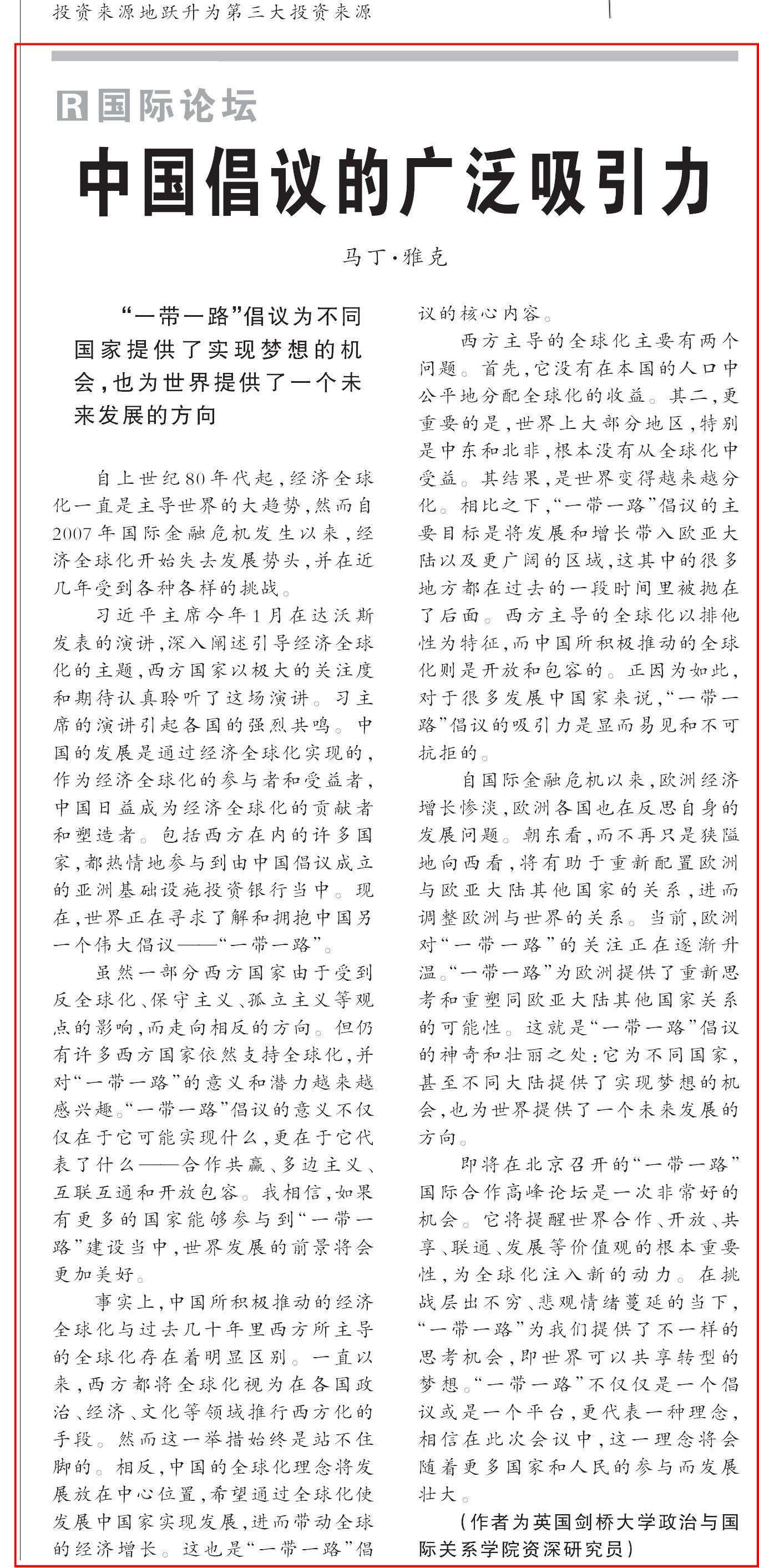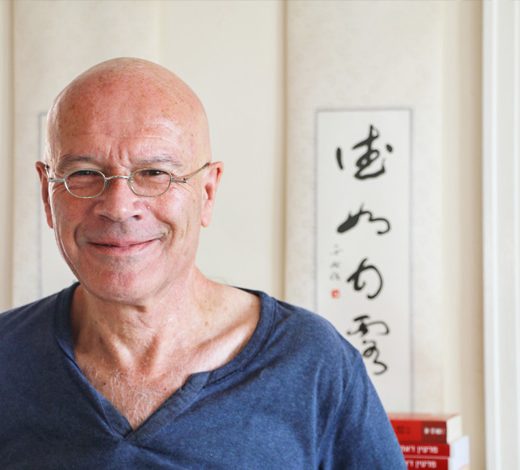The following is an English translation of a People’s Daily article written by Martin Jacques.
The trend towards globalisation that dominated the world from around 1980 – driven by the neo-liberalism of Ronald Reagan and Margaret Thatcher and Deng Xiaoping’s economic reforms – began to lose momentum with the Western financial crisis in 2007-8 and came to something of a shuddering halt in the West with Brexit in the UK and the election of Donald Trump as US President in 2016.
Original article by Ken Moak in Asia Today, which can be found here.
If the polls are to be believed, Hong Kong’s “pro-democracy” or “pan-democracy” groups, Occupy Central and the Umbrella Movement, could be labeled as “fake” democrats.
Anson Chan was called an “instant democrat,” because she became one only after she was rejected as a candidate for the Special Administrative Region’s (SAR) Chief Executive. Chan was a champion and chief administrator of the undemocratic British colonial government. But once Hong Kong was returned to China, she suddenly acquired a “democratic conscious,” criticizing the mainland as authoritarian and demanding universal suffrage.
An opinion piece by Carmen N. Pedrosa in The Philippine Star. Read it on their website here.
There have always been critics of The Asian Century. As expected these critics are from the Western world that once colonized almost the entire Asian continent. Asians, they think were properly subjugated. Not so fast, boy. We do not know why things happen as they do – in circles. A good example is the Chinese Belt and Road initiative. For myself, I think it will be a comeback for Asians who are great traders and innovators, given the chance.
But some Western critics are satisfied with the reasoning that because the West does not want to happen, it will not happen. That is a blatant presumption of their colonial thinking.
Martin Jacques says that although China is reaching out globally, it does not see itself as a model. “They don’t require other countries to be like them,” he says.
During the long years that Martin Jacques devoted to writing what became the international bestseller When China Rules the World: The End of the Western World and the Birth of a New Global Order (Penguin, 2009 and 2012), he never imagined the book would sell more than 350,000 copies, be translated into 15 languages, and have the tremendous global impact it has had.
The country helps Chinese overseas only when it is in its interest to do so, says Singaporean scholar Leo Suryadinata in his study of its policy in his new book
The British historian Martin Jacques, 72, who wrote the masterly 2009 monograph When China Rules The World, once told this writer that rising China will be judged by how it treats its neighbours.
Well, going by Singaporean scholar Leo Suryadinata’s new book, The Rise Of China And The Chinese Overseas, the jury is still out on that score, albeit leaning towards a glum verdict.
That is because, as he argues convincingly, China steps in to help the Chinese communities in its backyard only when it is in its interest to do so.
Is Pax Americana yielding to Pax Sinica? It’s a bit far-fetched now to think that China is ready to take up a global leadership role.
As presidential candidate, Mr Donald Trump had touted many radical anti-globalisation messages, from “America First” to building a wall on the border with Mexico.
Shortly after taking office, President Trump promptly followed up on his campaign pledges with measures against immigration and withdrawing the US from the Trans-Pacific Partnership pact. Most recently, Mr Trump said he was not the President of the world, but only the President of the United States. All these signal an American retreat from globalisation.
All eyes are on China’s two sessions, seeking clues about the future
Editor’s note: Each year in early March, China’s top legislature and political advisory body convene in Beijing for their annual meetings known as the two sessions. China Daily will present the highlights of the meetings, which run from March 3 to 15.
China’s big annual two sessions political meeting could be one of the most important in recent years, given the uncertain international backdrop, according to experts.
Some 5,000 participants from the National People’s Congress, China’s top legislature, and the National Committee of the Chinese People’s Political Consultative Conference (CPPCC), the country’s top political advisory body, will descend on Beijing for the event.
IN recent months, the rise of nationalism had been associated with the return of xenophobia, anti-immigration, populism and far-right neofascist conservatism.
Nationalism has been much maligned and made the scapegoat for Brexit, for the rise of Donald Trump, for Putinism and China’s intransigence on issues like Taiwan.
Putin’s expansion towards the East has been construed in certain media circles as a revival of Eurasianism, a policy advocated by Russian thinkers from Prince Nikolay Trubetskoy and Lev Gumilev, to Alexander Dugin.

Martin Jacques speaks about current Sino-European relations as a keynote speaker at the opening conference of the Leiden Asia Centre. According to Jacques, the way Western media and politics are approaching China is deeply flawed – and it is causing Europe to miss the boat while China is marching forwards.


